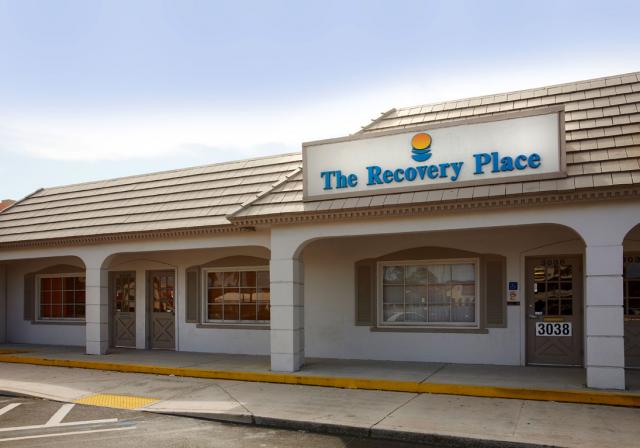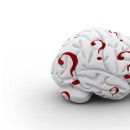
Helpful Articles
Drug Use Soars Among Teens With Traumatic Brain Injuries
February 24th, 2015 Drug Addictions, Helpful Articles

Regular Marijuana Use May Compromise Ability to Enjoy the Good Things in Life
February 22nd, 2015 Drug Addictions, Helpful Articles

Even Short-Term Oxycodone Use Linked to Opioid Addiction
February 20th, 2015 Drug Addictions, Helpful Articles

Which College-Bound Teens Are at Highest Risk for Alcohol Abuse?
February 18th, 2015 Alcohol Addiction, Helpful Articles

The Recovery Place Addiction Treatment Center Welcomes New Executive Director
February 17th, 2015 Drug Rehab Center News, Helpful Articles

People in Opioid Detox Prone to Abusing Other Drugs, Study Finds
February 14th, 2015 Drug Addictions, Helpful Articles

Health Effects of Too Much Alcohol
February 12th, 2015 Alcohol Addiction, Helpful Articles

Understanding Step Four
February 12th, 2015 12 Steps, Helpful Articles

College Students Who Drink Alone Have Increased Depression Risk
February 10th, 2015 Alcohol Addiction, Helpful Articles

Understanding Step Three
February 7th, 2015 12 Steps, Helpful Articles

Article Categories
- 12 Steps
- Addiction in the Family
- Addiction Infographics
- Alcohol Addiction
- Articles
- Drug Addictions
- Drug Rehab Center News
- Helpful Articles
- Holidays & Substance Abuse
- Mental Health & Addiction
- Real Life Addiction Stories
- Recovery Testimonials
- Relapse Prevention
- Substance Abuse Prevention
We Offer the Following Treatment Programs
Contact Elements Behavioral Health
Call 855-678-8337 for a confidential assessment or fill out the form below and we will call you.
